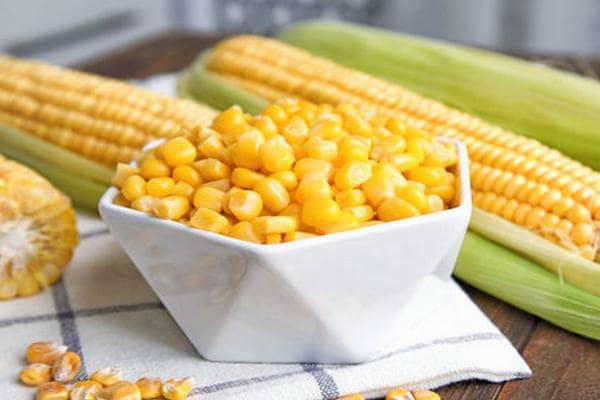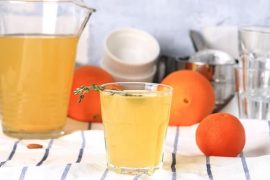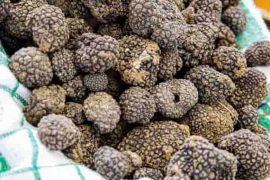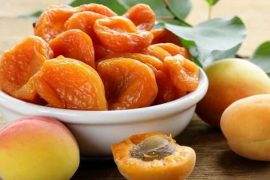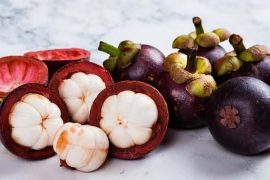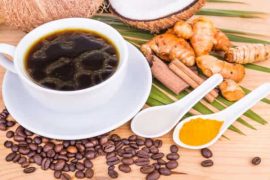Зміст
What you need to know about corn meal?
Flour is obtained from corn kernels; it has a yellow color, due to which the dishes prepared from it have the same color. Most commonly used in Mexican and American cuisine for appetizers, baked goods and desserts. The biggest advantage of cornmeal is its ease of digestion, so it can be used to make dietary and delicious meals not only for children and those recovering from illness. Nothing stands in the way of using corn flour as a natural and complete replacement for wheat flour. Interestingly, it does not contain gluten, so it can be safely consumed by people with gluten intolerance.
What can be found in corn flour?
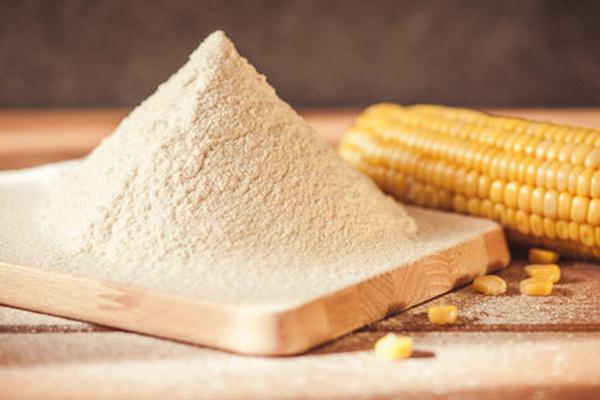
Cornmeal contains a number of health-promoting ingredients. Vitamin A ranks first and is one of the natural antioxidants (prevents excessive aging of body cells, and can also reduce the risk of serious diseases of civilization). In addition, it contains valuable B vitamins, including helping to eliminate excess toxins from the body. Corn flour is a rich source of fiber, which improves intestinal motility, helps the body absorb valuable nutrients, and also improves the elimination of metabolic products and speeds up metabolism (which is especially useful in the process of losing weight).
Rich in minerals
Corn flour is rich in minerals that have beneficial effects on many body systems. Potassium and magnesium deserve special attention because they improve muscle function, support memory and concentration, and may protect against heart disease. In addition, these elements support cardiovascular health, help normalize blood pressure, and may lower blood triglycerides and cholesterol levels. Cornmeal is especially recommended during the fall and winter because it contains zinc, which can boost immunity and prevent infections such as colds and flu.
Flour provides the falcon with vision
While corn flour has a number of benefits, it doesn’t end there. It contains lutein and zeaxanthin, which protect the yellow macula from premature degeneration. In addition, they can improve vision performance as well as protect against conditions such as cataracts. These substances have a protective effect on the skin from excessive UV radiation
Unusual use
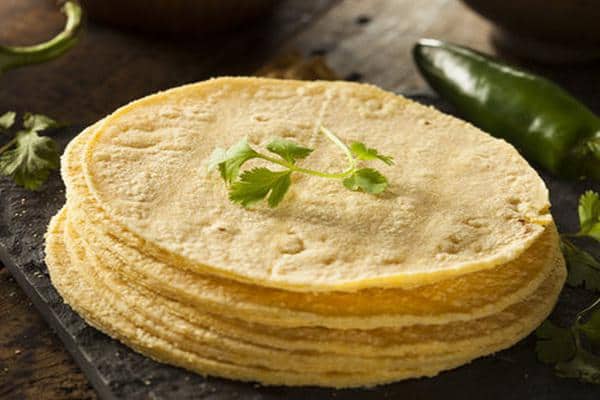
Corn flour, while it has a number of culinary uses, has other unusual properties. Adding it to the water and detergent will help clean windows and prevent streaks. In addition, making a paste from it has a cleansing ability. Just mix a few spoons with a little water to form a thick paste. This home remedy works well for cleaning jewelry and cutlery, and removes tough stains when applied to dirty fabrics. The paste also helps with burns, for example, on sunny days. However, the flour itself can successfully replace dry shampoo.
How to make cornmeal yourself?
Corn flour is widely available in stores. If you have a surplus of corn grits in your home that you don’t use, you can grind them in a coffee grinder for a few minutes and then sift them through a sieve. This creates a flower that can be used in cooking.


